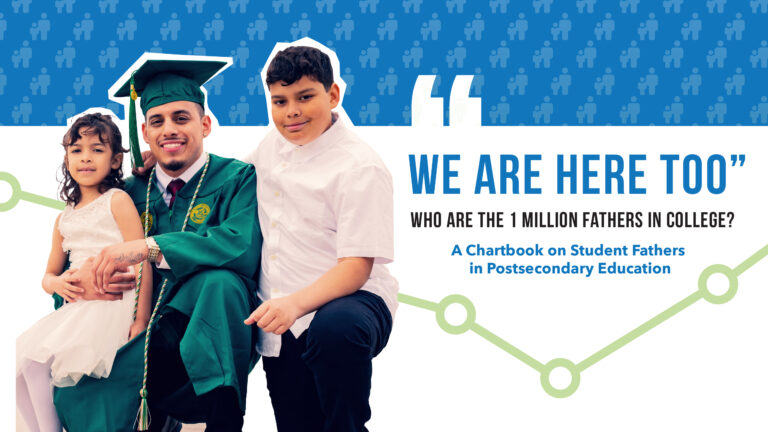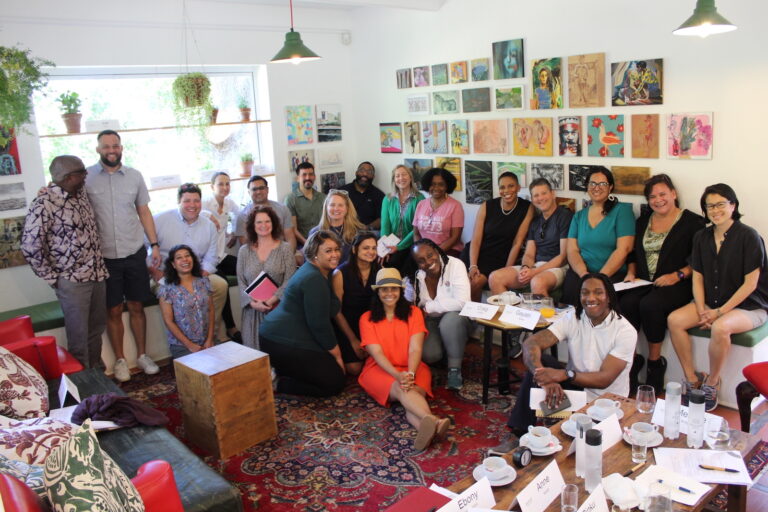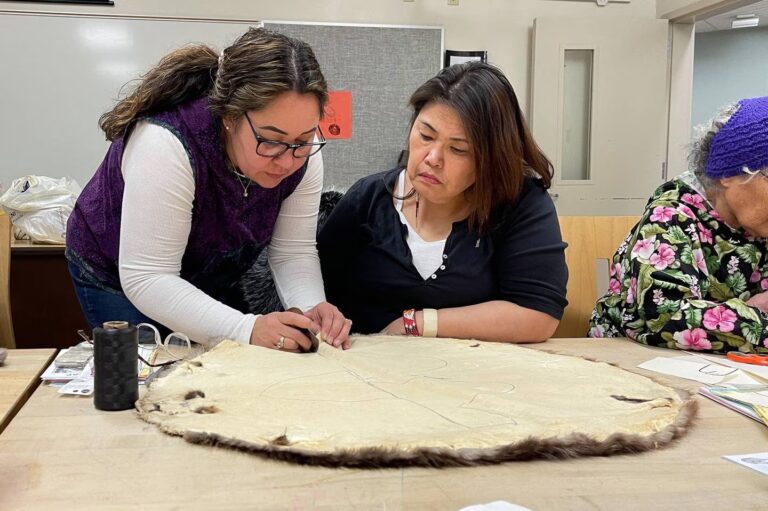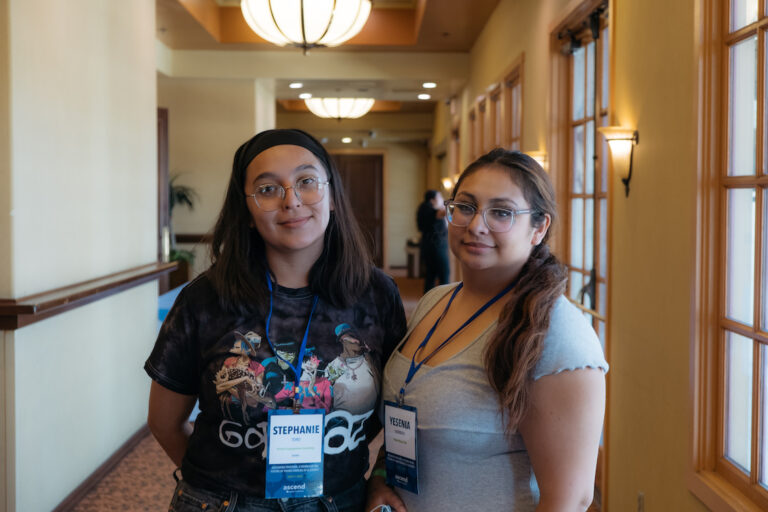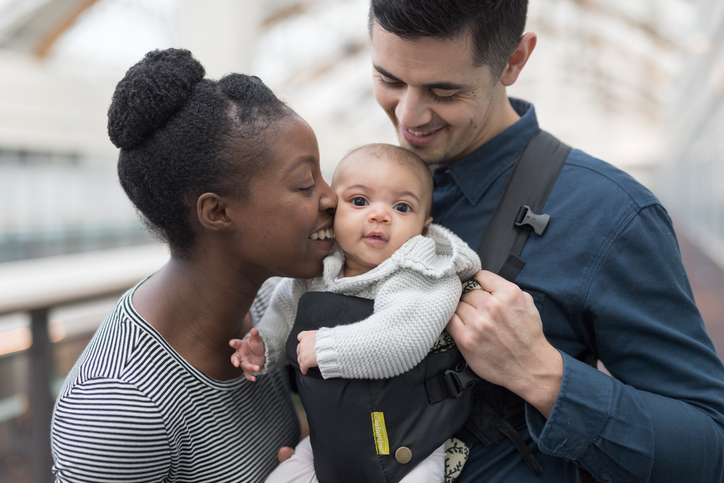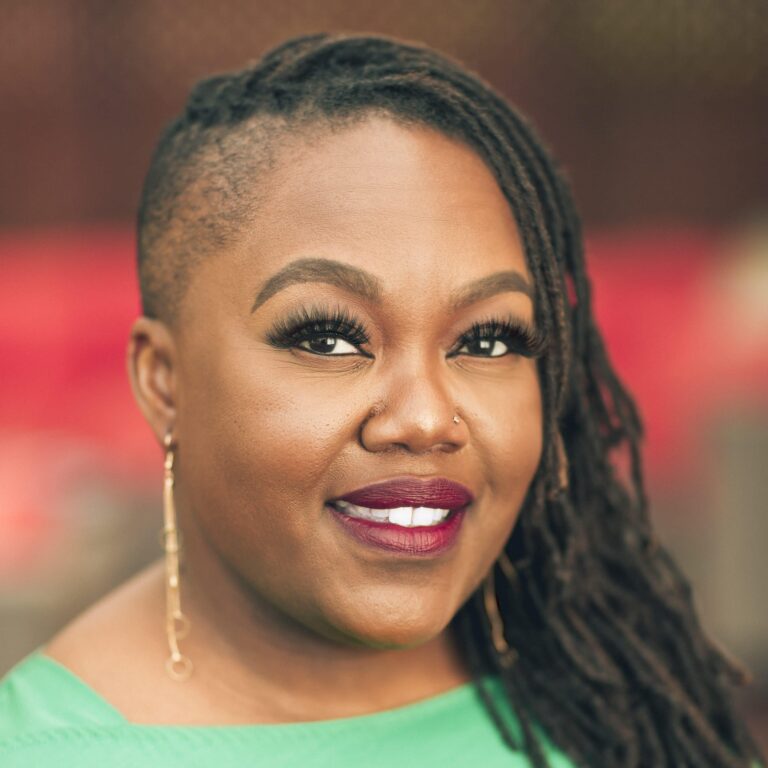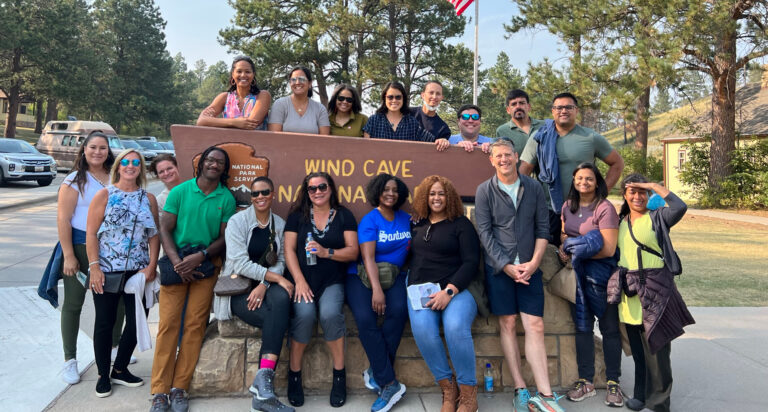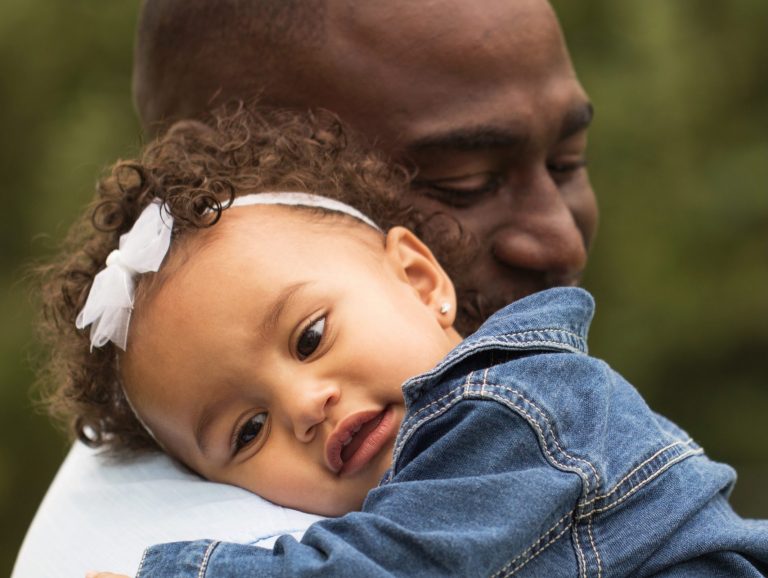New Research Shows Parenting Brain Changes in All Caregivers
Infant and parent brains and bodies undergo rapid growth and transformation during the transition to parenting, presenting a unique opportunity to positively impact two generations. In the 2015 report Two Open Windows: Infant and Parent Biologic Change, Drs. Pilyoung Kim and Sarah Watamura (also an Ascend Fellow) of the University of Denver highlighted research supporting the transition to parenting as a co-occurring sensitive period—in other words, as a time in life characterized by “two open windows” where both infants and parents are especially receptive to being shaped by their environments.
A new report provides an update of this research, highlighting studies suggesting that parenting brain changes happen in all primary caregivers – including fathers and non-biological parents in addition to biological mothers – in response to the caregiving role. Having an effective caregiver present, regardless of degree of biological relation to the child, benefits a child’s well-being.
These findings have critical implications for the 2Gen field, as the transition to parenting is a sensitive period that provides a unique opportunity to support children and the adults in their lives together. The recent research highlighted in this report present an immense opportunity to leverage the neural plasticity during early life and the transition to parenthood to effect changes that can improve outcomes for parents and children alike. Two-generation approaches that directly target adult mental health, including prior trauma, to cultivate well-being and enhance parent-child relationships may be especially powerful, and programming traditionally designed for mothers can work and be adapted for other types of caregivers.
There is a real opportunity to think bigger about how policy can support all caregivers, regardless of sex or biologic relationship to the child: Advocating for policy and programming inclusive of all caregivers would help improve outcomes for caregivers and children alike. Read the report, check out the below policy and practice recommendations, and tune into the brief video interview below with Drs. Kim and Watamura.
Recommendations for Policy
- Expand who is considered as important caregivers beyond only mothers. For example, incentivize and support fathers and non-biologic parents to access social and mental health services designed to improve caregiving outcomes and to engage in caregiving.
- Remove non-empirically supported and discriminatory heteronormative laws surrounding adoption and foster care that prevent recognition of non-biologic and homosexual caregivers, who play important roles in fostering infant and child outcomes.
- Improve screening for and access to mental health services for all caregivers and support programming that directly improves caregivers’ stress management.
- Tackle policies that result in major structural inequities that lead to health disparities.
- Expand access to paid leave and affordable child care to support the critical role of caregiving.
Recommendations for Practice
- Expand parenting programs to include fathers and non-biologic caregivers and make communication inclusive of them (e.g., “ParentPower”).
- When working with caregivers to change parenting behaviors, acknowledge that one’s own history of adversity or trauma and/or current mental health symptoms can make the monumental task of parenting even more difficult. Focusing on the caregivers’ own personhood and need for well-being prior to and alongside child needs is key.
- Screen all caregivers for mental health difficulties (e.g., anxiety, depression, PTSD) and provide appropriate, varied, non-stigmatized resources as needed.
- Include this research in awareness-raising, education, and training efforts to ensure pediatric and workforce practitioners are informed.
- Ensure parents have access to this research as programs are designed to maximize the opportunities presented by the transition to parenting
Related Posts



